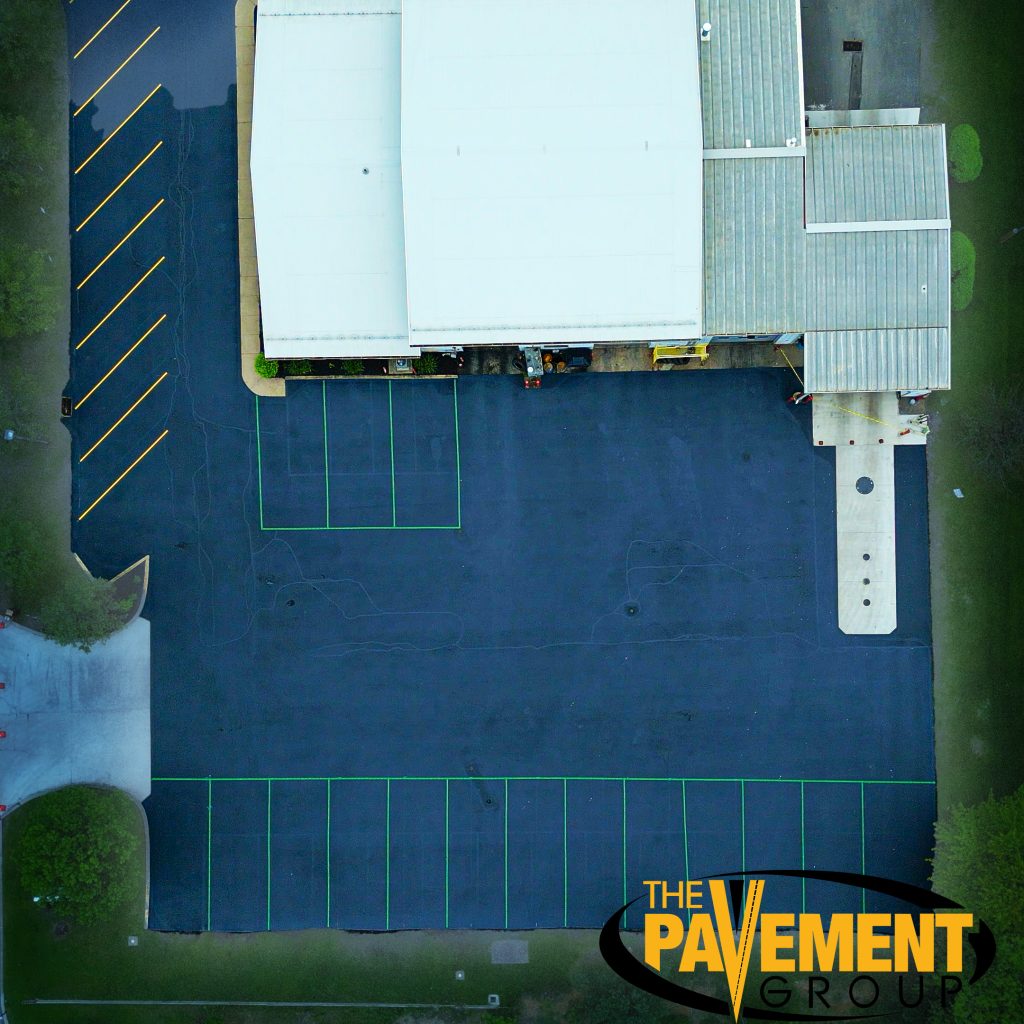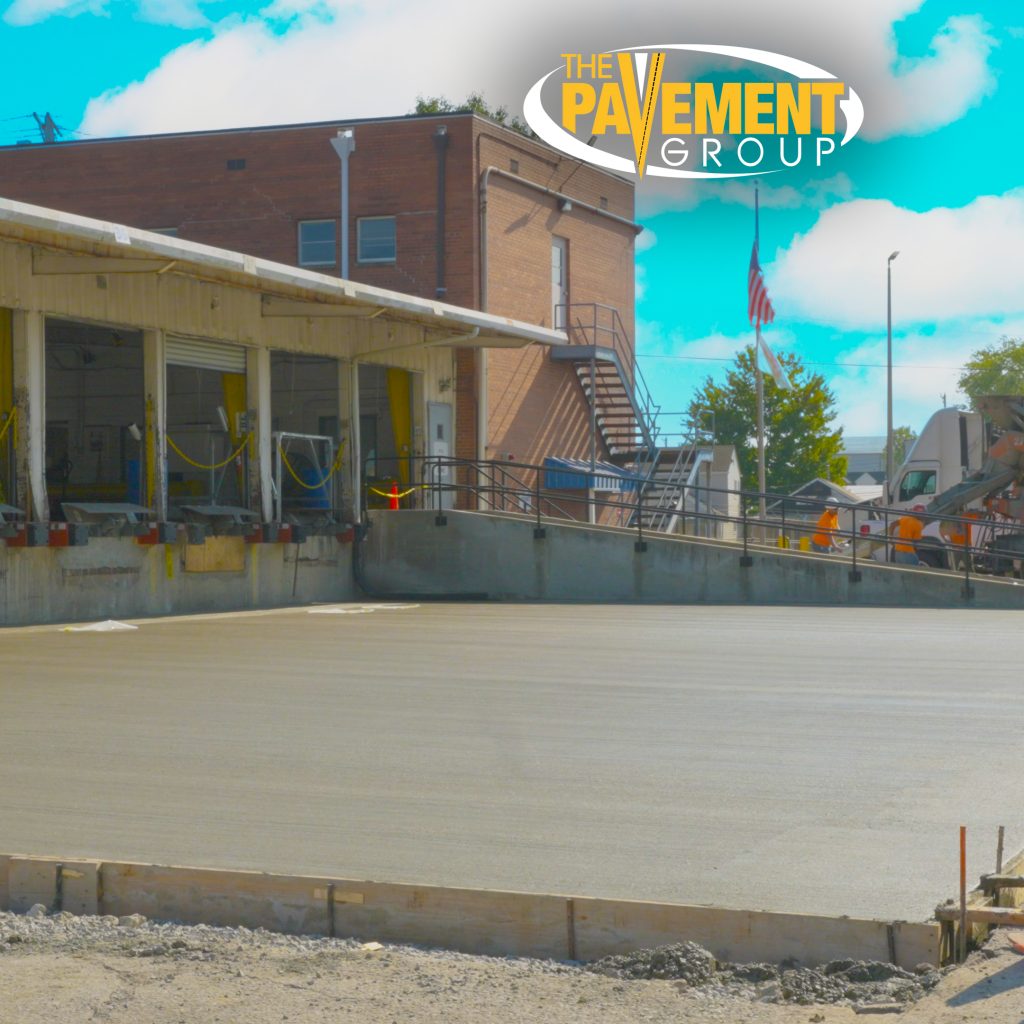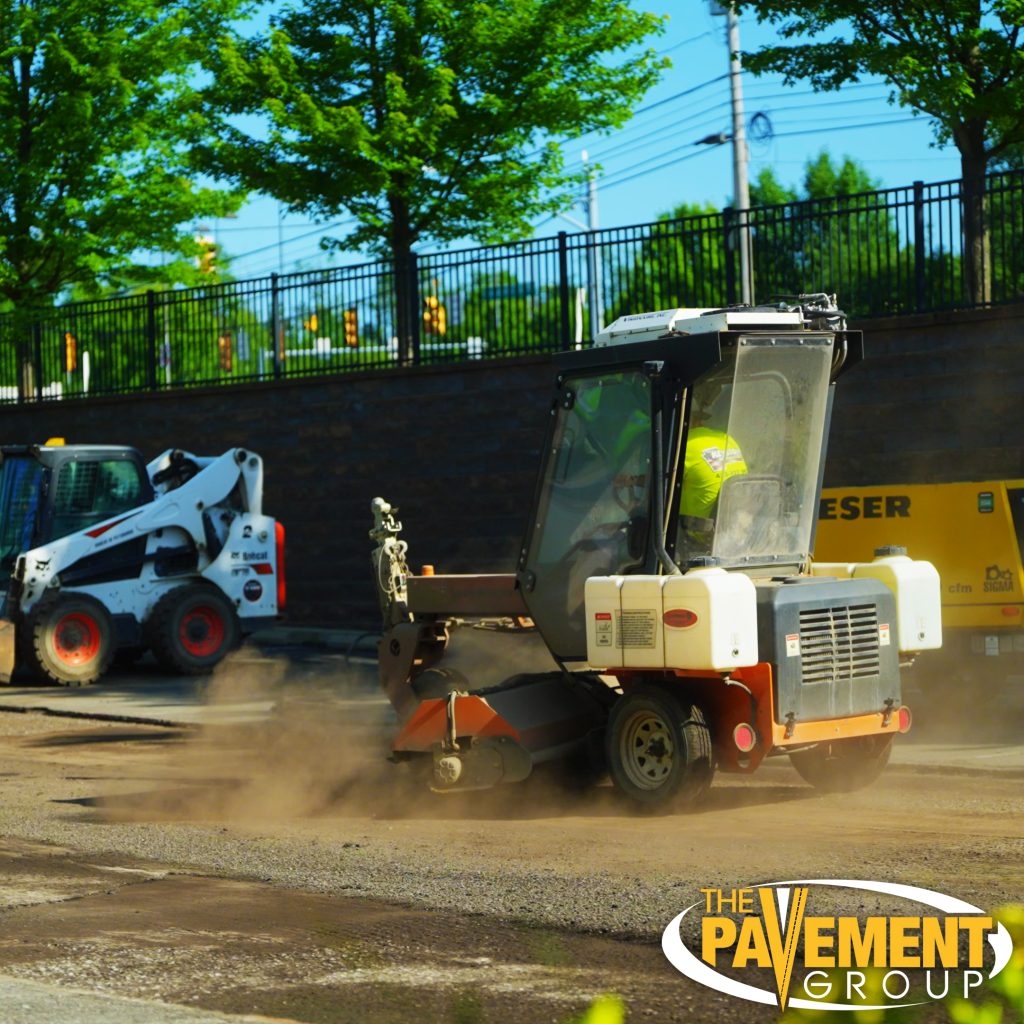Managing a business property or facility? You’ve probably heard the term commercial asphalt paving tossed around. But what does it actually mean? And why does it matter for your bottom line?
Whether you own a retail plaza in Pittsburgh, manage logistics in Philadelphia, or operate a medical complex in Cleveland, commercial asphalt paving is one of the smartest investments you can make for your property’s safety, value, and appearance.
This guide walks you through everything from materials to maintenance, because knowing what you’re paying for helps you make better choices for your business.
Defining Commercial Asphalt Paving
Let’s start with the basics. Commercial asphalt paving refers to the process of constructing or resurfacing asphalt pavement for business-related properties. These projects are larger, more complex, and require specialized equipment and techniques.
Common properties that use commercial asphalt paving include:
- Office parks
- Shopping centers
- Apartment complexes
- Warehouses and distribution centers
- Hospitals and healthcare facilities
- Churches and schools
- Industrial sites
So whether it’s a massive parking lot or a private access road, these spaces need strong, long-lasting surfaces that can take daily traffic without cracking apart.
What Makes Asphalt Ideal for Commercial Use?
Asphalt is more than just blacktop. It’s a flexible, durable material made from crushed stone, sand, and liquid asphalt cement. When mixed and applied correctly, it offers key benefits that make it perfect for commercial properties.
Advantages of commercial asphalt paving:
- Cost-effective and faster to install than concrete
- Withstands heavy traffic loads
- Easier and less expensive to maintain
- Provides smooth, quiet driving surfaces
- Can be recycled and reused, making it eco-friendly
Plus, it looks good. A freshly paved surface shows your customers, tenants, or partners that you care about your property and their experience on it.
The Commercial Paving Process
Working with a professional team like The Pavement Group means your job runs smoothly from start to finish. Here’s how the process typically goes.
1. Site Evaluation
We check the existing pavement or land conditions. This includes looking at drainage, soil compaction, and how the current surface is holding up.
2. Excavation and Grading
Old pavement or debris is removed, and the area is leveled and prepped. Grading ensures water drains away instead of pooling.
3. Sub-Base Installation
This layer is essential. It supports the asphalt and handles the weight of trucks, cars, and equipment over time.
4. Asphalt Application
Hot mix asphalt is laid in layers and compacted with rollers. The surface is shaped for slope and even coverage.
5. Line Striping and Finishing Touches
Once cooled, lines, signage, and ADA-compliant markings are added. Everything is finalized to meet local codes and safety standards.
Commercial Paving Services Offered by The Pavement Group
We don’t just lay asphalt. We build long-term value for your property with a range of services designed to suit your needs.
Our core services include:
- Full-depth commercial paving
- Asphalt resurfacing and overlays
- Parking lot construction and striping
- Asphalt patching and crack repair
- Sealcoating for UV and weather protection
- Infrared thermal repairs for damaged areas
If you’re a property manager in need of regular maintenance or a business owner planning a new development, our proprietary asset management platform makes it easy to track, budget, and plan your pavement lifecycle.
“We had a crumbling parking lot outside our warehouse in Columbus. Trucks were bottoming out, and tenants were complaining. The Pavement Group came in with a clear plan and transparent pricing. They repaved the entire lot in under a week with minimal disruption to our operations. It looks brand new and we’ve had zero complaints since.”
– Mark R., Facility Director, Columbus, OH
Why Local Experience Matters
When you’re dealing with variable weather, regional codes, and traffic load considerations, you want a company that understands local conditions. The Pavement Group operates across multiple states but always tailors services to your region’s climate, soil, and regulations.
Whether you’re located in Pittsburgh, Harrisburg, Cleveland, or Youngstown, we bring the same dedication to each project, big or small.
Commercial Asphalt Maintenance Tips
Want your investment to last? Don’t just walk away after the paving is done. Good maintenance helps prevent major repairs and protects your budget.
Best practices for asphalt longevity:
- Sealcoat every 2–3 years to guard against water and UV damage
- Fix cracks early to prevent spreading
- Repaint lines for safety and ADA compliance
- Keep drains and edges clean and clear
- Schedule yearly inspections
With The Pavement Group, we help you stay ahead of problems. Our pavement asset tracking tools make it easy to monitor your surfaces and schedule maintenance before issues become costly.
Quality Paving, Lasting Results.
Commercial asphalt paving is a long-term investment. It’s about creating safe, attractive, and durable surfaces that support your business operations and protect your investment. The Pavement Group partners with you to manage every inch of your pavement, from design to maintenance, ensuring lasting value. Avoid costly repairs and future headaches, invest in quality paving today. Schedule your consultation.
Frequently Asked Questions
1. What is commercial asphalt paving?
It’s the process of installing or resurfacing asphalt on commercial properties like parking lots and industrial access roads. The goal is to create a safe, durable surface. It also improves curb appeal and property value.
2. How long does commercial asphalt last?
With proper maintenance, asphalt paving can last 15 to 20 years. Factors like weather, traffic load, and drainage affect longevity. Regular sealcoating and crack repair extend its life.
3. Is asphalt better than concrete for commercial properties?
Asphalt is generally faster and more affordable to install. It handles freeze-thaw cycles better and is easier to repair. Concrete may last longer, but costs more upfront.
4. How thick should commercial asphalt be?
Thickness depends on usage. Light-duty parking lots may need 2–3 inches, while truck-heavy areas need 4–6 inches. Sub-base thickness also affects durability.
5. Can commercial asphalt be resurfaced?
Yes. If the base is stable, an asphalt overlay can be added to restore the surface. Resurfacing is more cost-effective than full replacement.
6. How much does commercial asphalt paving cost?
Costs vary by project size, location, and prep work needed. Prices typically range from $3 to $7 per square foot. Get a tailored quote for accuracy.
7. What causes asphalt to crack or deteriorate?
Water intrusion, UV rays, heavy loads, and poor drainage are common culprits. Timely maintenance prevents cracks from spreading. Sub-base quality also plays a key role.
8. Is line striping included in commercial paving?
Yes. Most paving services include line striping for traffic flow and parking guidance. ADA-compliant markings are also applied as required by law.
9. How soon can traffic use new asphalt?
Light foot traffic is usually allowed within 24 hours. Vehicles should wait 48–72 hours, depending on temperature and thickness. Weather affects cure time.
10. How can I ensure my commercial paving project is completed safely and efficiently?
Choose a contractor with a proven track record of safety, cost-efficiency, and long-term value. Local knowledge combined with advanced technology ensures tailored solutions for a successful project.


